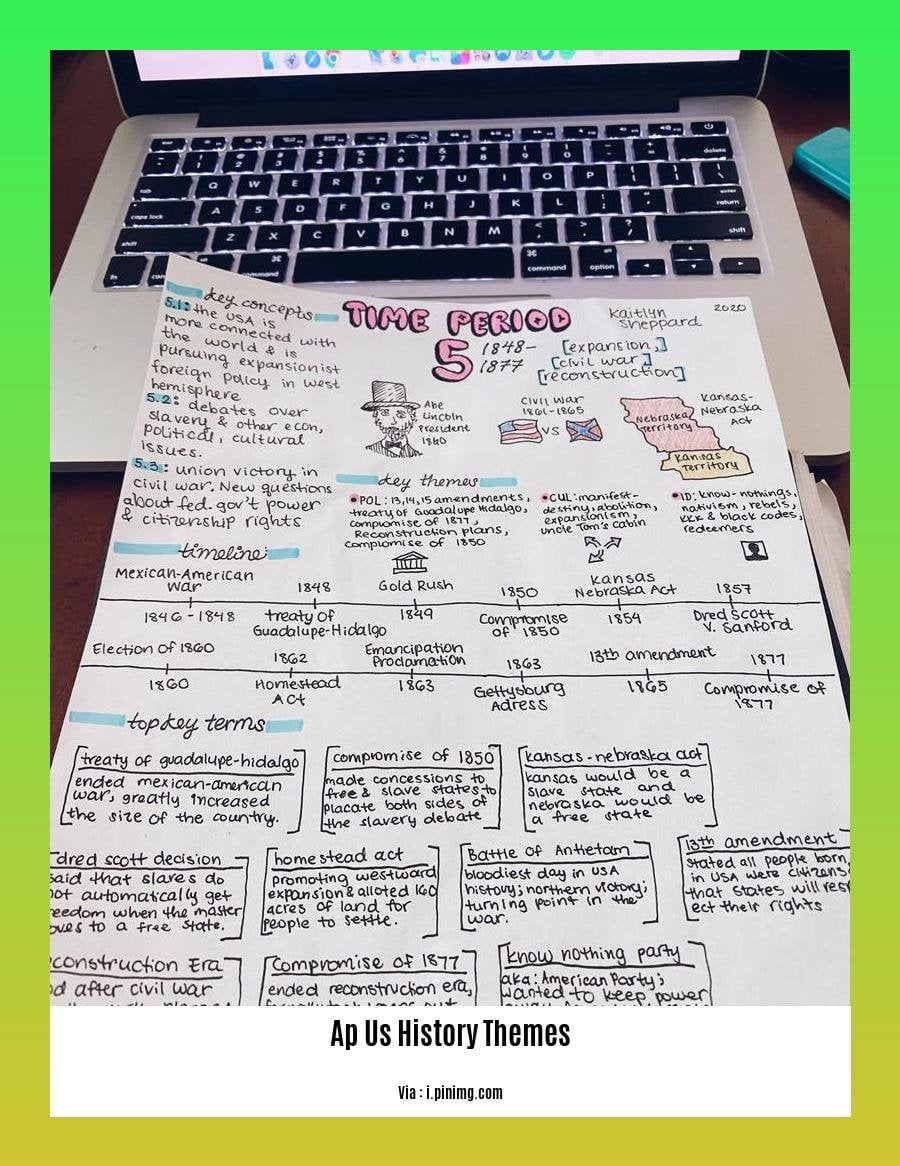In today’s fast-paced world, constant online connection often overshadows face-to-face interaction. This begs the question: what does it truly mean to be sociable in the modern age? This guide explores the multifaceted nature of sociability, from the reserved wallflower to the vibrant social butterfly, and examines its impact on our mood, work, and overall well-being. By understanding the nuances of modern sociability, we can cultivate stronger connections, navigate social situations with grace, and ultimately, live more fulfilling lives.
Understanding Modern Sociability
Sociability, at its core, involves actively seeking and enjoying connections with others. It’s more than mere friendliness; it’s a genuine desire for human interaction coupled with the skills to make those interactions pleasant and respectful. It’s a reciprocal exchange – you enjoy the company of others, and they, in turn, enjoy yours.
Technology has undeniably transformed the landscape of sociability. Social media, messaging apps, and video calls connect us globally, making it easier to maintain relationships and forge new ones. However, this digital realm can also detract from vital face-to-face interactions crucial for genuine understanding and connection. Finding a balance between the digital and physical worlds is key to cultivating meaningful relationships.
Sociability isn’t a binary on/off switch; it’s more like a dimmer. Some, often called extroverts, thrive in crowds and are energized by social interaction. Others, often introverts, prefer smaller gatherings and quieter settings. Neither is inherently superior; they simply represent different points on the sociability spectrum. Recognizing this spectrum allows us to appreciate the diverse ways individuals express their social selves.
While some may feel sociability isn’t inherent to their nature, it’s a skill that can be honed. Like any skill, practice makes perfect. Active listening, truly hearing and responding thoughtfully, is a great starting point. Empathy, putting yourself in another’s shoes, is also crucial. Taking the initiative to start a conversation, even if it feels awkward initially, can significantly boost social confidence.
The benefits of sociability are numerous. Studies suggest strong social connections are linked to improved mental well-being, likely due to the support, shared experiences, and laughter they provide. Strong social skills can also open doors professionally, fostering positive relationships with colleagues and clients. Furthermore, sociability fosters a sense of belonging and community, enriching our lives with diverse perspectives and experiences. In today’s world, prioritizing true sociability, balancing digital connection with meaningful face-to-face interaction, is more important than ever.
Decoding Social vs. Sociable
The distinction between “social” and “sociable” is subtle but significant, influencing how we perceive our interactions. “Social” is a broad term encompassing participation in the world around us, from attending community events to interacting with acquaintances. It’s about engaging with society as a whole. “Sociable,” on the other hand, centers on connection. It involves actively engaging with individuals, demonstrating genuine interest, and building rapport. Sociable people are often described as friendly, approachable, and adept at making others feel comfortable.
While someone can be social without being particularly sociable, true sociability necessitates social engagement. “Social” is the overarching category, while “sociable” is a specific type of social behavior. This distinction isn’t about labeling individuals as good or bad, introverted or extroverted. It’s about the quality of interaction, not the quantity. A quiet introvert can be highly sociable in smaller groups, while an extrovert may attend numerous events without forging deep connections.
| Feature | Social | Sociable |
|---|---|---|
| Focus | Participation in society | Connection with individuals |
| Interaction | Can be passive or active | Actively engages with others |
| Enjoyment | Not necessarily required | Generally enjoys interaction |
| Group Size | Can be large or small | Can adapt to various group sizes |
| Example | Attending a conference | Chatting with colleagues at a break |
This area of social psychology is subject to ongoing research. Some experts suggest a genetic component to sociability, while others propose it’s primarily learned. It’s probably a combination of both nature and nurture. Regardless, even those who don’t identify as naturally “sociable” can cultivate their social skills and build stronger connections. This might involve stepping outside one’s comfort zone, practicing active listening, or simply making a conscious effort to engage. Are you curious about what mammal in South America has a snout flexible enough to interact with its surroundings? Check out the South American mammal with a flexible snout for more information on this interesting creature.
Defining the Sociable Person
A sociable person possesses a magnetic quality, drawing others in with their genuine interest and warmth. They thrive on interactions, from deep conversations to casual chats, finding human connection in every encounter. Often described as outgoing, friendly, and approachable, they exude an empathy that puts others at ease. This stems from a genuine curiosity about others and a desire to understand their perspectives.
While sociable people may enjoy being the center of attention, they are not inherently self-centered. True sociability involves a balance of talking and listening. They are often excellent listeners, asking thoughtful questions and genuinely caring about the responses. This ability to connect deeply fosters strong relationships and a sense of belonging. They act as social connectors, uniting people from diverse backgrounds. Research suggests links between sociability and personality traits like extroversion and agreeableness. However, introverts can also be quite sociable, finding satisfaction in smaller, more intimate interactions.
Key characteristics of a sociable individual include:
| Characteristic | Description |
|---|---|
| Genuine Interest | Shows sincere curiosity about others, asking questions and actively listening. |
| Outgoing & Approachable | Makes others feel comfortable and welcomed, initiating conversations and making eye contact. |
| Empathetic Listener | Pays attention to what others are saying, offering thoughtful responses and showing genuine concern. |
| Adaptable | Easily adjusts to different social situations and connects with people from diverse backgrounds. |
| Positive Attitude | Radiates warmth and enthusiasm, creating a positive and engaging atmosphere. Tends to focus on the good in people and situations. |
| Respectful | Values others’ opinions, even when they disagree, and avoids dominating conversations. |
Sociability exists on a spectrum. There’s no single “right” way to be social. Ongoing research explores the nuances of sociability, its origins, and its impact on well-being. While some aspects remain unclear, human connection is fundamental to our happiness. Sociable people embody this understanding, weaving connections and building communities wherever they go.
Exploring Synonyms for Sociable
“Sociable” describes that comfortable, friendly demeanor that encourages interaction. However, numerous other words capture this essence, each with its own nuance. “Amicable” suggests an easygoing and agreeable nature. “Genial” implies warmth and cheerfulness. “Gregarious” describes someone who thrives in social situations, actively seeking out company. “Convivial” evokes a sense of shared enjoyment and togetherness, like a lively dinner party. I’m sure you use or have heard of the SFDC Webassessor. They are very popular nowadays. Learn more about the SFDC webassessor to further enhance your knowledge.
True sociability extends beyond simply enjoying gatherings. Some experts believe it involves active listening, genuine interest, and empathy, connecting on a deeper level. Some research even explores the link between sociability and emotional intelligence. While some argue sociability is innate, others suggest it’s a skill developed over time. Like learning an instrument, sociability can be nurtured through practice. The more one interacts, the easier and more rewarding it becomes. Whether naturally outgoing or reserved, remember sociability is a spectrum. Authenticity and respect for others are key. The richness of language lies in its nuances. Each synonym – amicable, genial, gregarious, convivial – offers a unique shade of meaning, enriching our understanding of what it means to be sociable.
- HelpCare Plus: Revolutionizing Affordable and Accessible Healthcare - December 29, 2024
- Boom & Bucket: Your Digital Marketplace for Used Heavy Equipment - December 28, 2024
- Ankle Bones Crossword Clue: Solutions, Tips & Anatomical Insights - December 28, 2024















2 thoughts on “What Does It Mean to Be Sociable in Today’s World?”
Comments are closed.